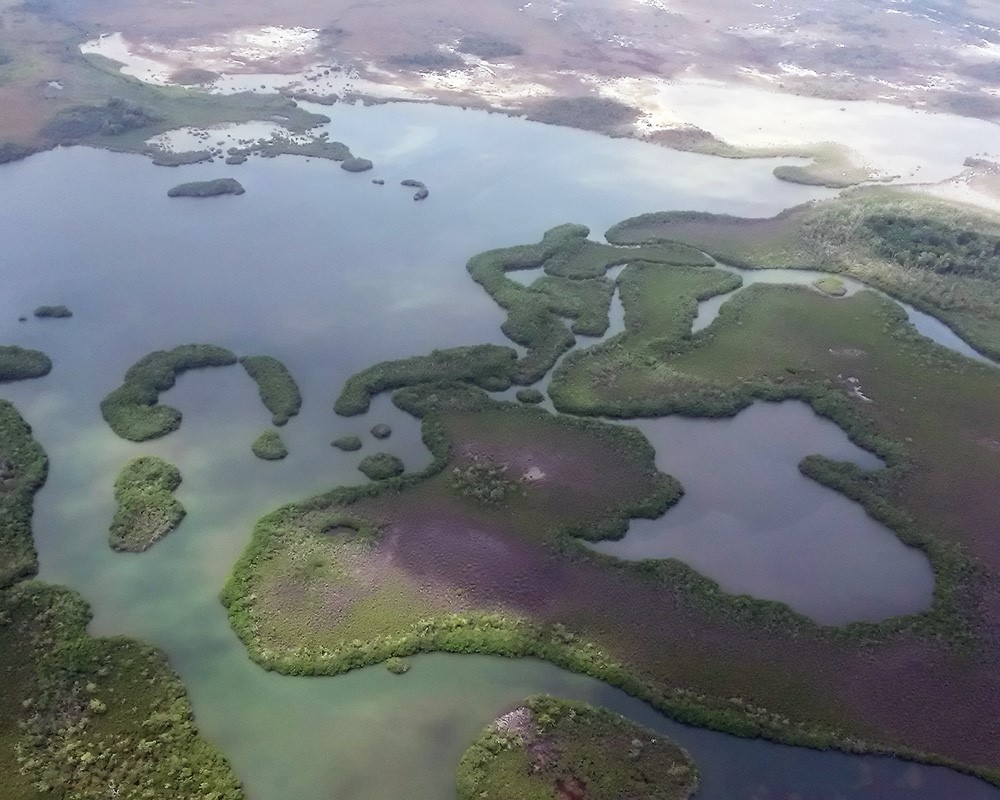INBALANCE - INvertebrate-BActeriaL Associations as hotspots of benthic Nitrogen Cycling in Estuarine ecosystems

While traditionally, bacteria have been considered driving much of the Earth’s nitrogen (N) cycle, recent research shows that ecological interactions between meio-, macrofauna and bacteria are important in regulating N cycling in soft sediments. Thus, the INBALANCE Project aims to unveil the quantitative importance of ecological interactions between microorganisms and their benthic invertebrate hosts in regulating N cycling in shallow estuarine sediments. In particular, this project will investigate the identity and activity of bacteria associated with benthic invertebrate hosts, the most abundant functional group of meio- and macrofauna in estuarine systems, across the full range of possible interactions, from strict symbioses to casual associations.
Partners
Klaipeda University, Lithuania; Stockholm University, Sweden; Cawthron Institute, New Zealand; Università degli Studi di Parma, Italy; Stazione Zoologica Anton Dohrn, Italy.
Project Lifetime
2018 – 2021
SZN Role
Partner
SZN Principal Investigator
Ulisse Cardini
Project Coordinator
Mindaugas Zilius (Klaipeda University, Lithuania)
Funding Body
Research Council of Lithuania (LMT) under the European Social Funds (ESF) programme










